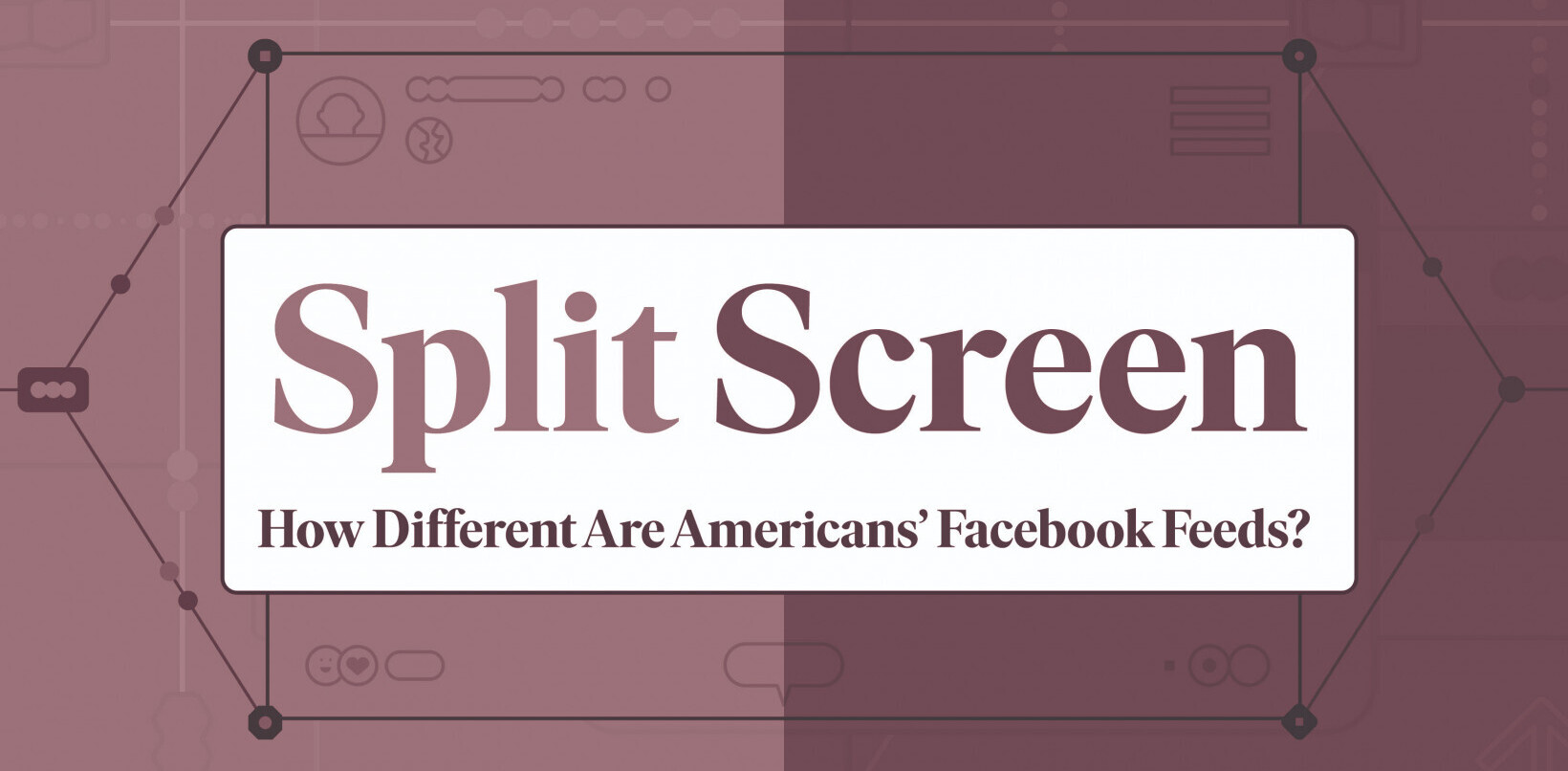There’s been talk for at least a couple of years about whether Facebook ‘listens’ to your conversations and anything you say out loud through your phone to learn what you’re interested in and then bring relevant ads to your feed. While it seems all too plausible at this point, the company denied that it has ever done so, over the weekend.
Responding to a tweet from the Reply All podcast’s host PJ Vogt, the social network’s vice president of ads, Rob Goldman, rubbished the claims:
I run ads product at Facebook. We don't – and have never – used your microphone for ads. Just not true.
— Rob Goldman (@robjective) October 26, 2017
For those out of the loop: it’s commonly believed that Facebook uses your phone’s mic to eavesdrop on your conversations and delivers ads for things you think you’ve never searched for or typed into your devices before (let’s take ‘cat food’ as an example); it’s therefore surmised that the only way Facebook could’ve known that it should start showing you ads for ‘cat food’ is by listening to what you’ve been saying out loud around your phone. Here’s a YouTuber testing this notion from a year ago (with update notes in the comments):
So, giving Facebook the benefit of the doubt here, where are these ads coming from if we haven’t searched for these topics, looked up related pages on Facebook or chatted about them in Messenger?
One theory is that it could be people experiencing the Baader-Meinhof phenomenon, which is also known as frequency illusion or recency illusion. It’s part of a cognitive bias (a tendency to think in a certain way, which may deviate from a typical logical way of reaching a conclusion or making a decision) in which something we’ve heard about recently seems to appear more often in our lives than ever before, as it’s suddenly in every direction we look. Like cat food.
The fallacy here is in believing that this is happening simply because we’ve heard of or spoken about this topic or thing – when in fact, we’re simply just noticing it more in our lives after having engaged with the idea of it – without it being artificially introduced into our surroundings more frequently than before.
When the BBC looked into the matter of phones listening in on us last year, David Hand, a mathematics professor at the Imperial College London, said:
If you take something that has a tiny chance of occurring and give it enough opportunities to occur, it inevitably will happen.
That might be what’s happening here. And while I may have been doubtful in the past, I’m ready to take Facebook at its word now that it’s publicly stated that it doesn’t use your mic to eavesdrop – because of the avalanche of costly lawsuits and the humungous PR disaster that it’d have to face if it was lying about it.
Of course, there’s always a chance that we’re indeed being bamboozled. It might be easier to explain this phenomenon by conducting some packet inspections to see what Facebook is transmitting from your phone back to the company’s servers, and there may also be a chance that the browser cookies on your desktop are giving you away when you browse for things related to this thing you’re seeing ads for.
If you still can’t rest easy, take heart, dear reader: I’m actively testing this theory myself by uttering mentions of ‘cat food’ every chance I get around my phone, even though I only have a dog that lives with my parents. I’ll update this post if things start to get fishy.
Get the TNW newsletter
Get the most important tech news in your inbox each week.





